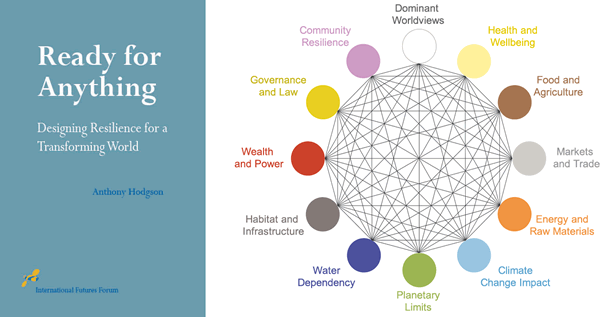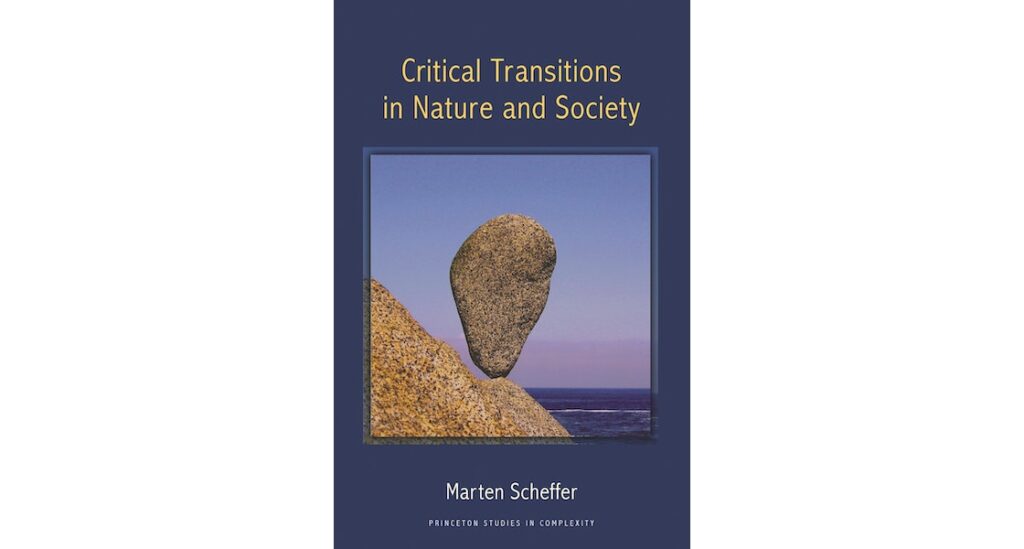Cascading Regime Shifts Within and Across Scales
Where regime shifts (also known as critical transitions) are generally studied within a single ecosystem, the authors explore cascading regimes shifts across multiple ecosystems. Drawing on the Regime Shifts Database of over thirty well-documented regime shifts, they identify three causal pathways by which a regime shift in one ecosystem relates causally to a regime shift […]
Cascading Regime Shifts Within and Across Scales Read More »





